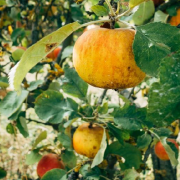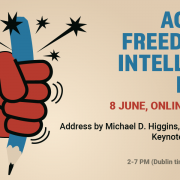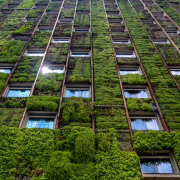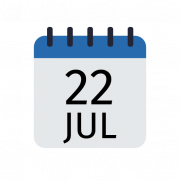New Reports on EU Genome Editing Policy for Agriculture Presented
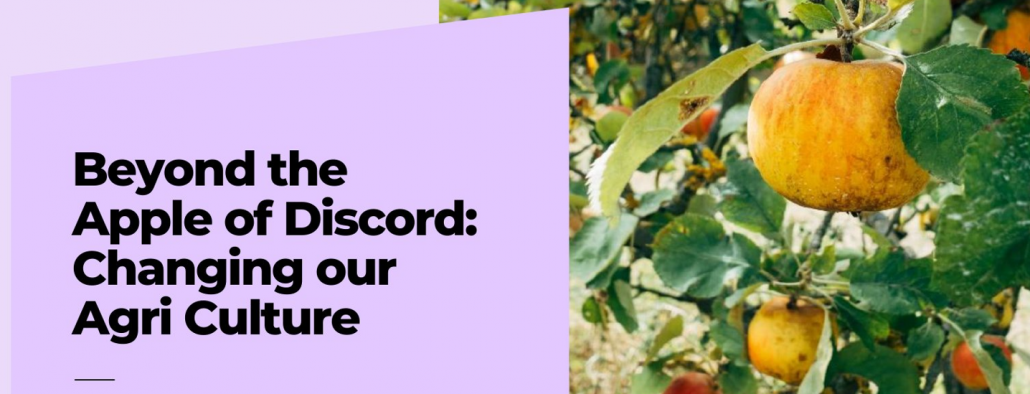
On 22 July 2021, Re-Imagine Europa (RIE), together with knowledge partners ALLEA and EU-SAGE, presented two reports on innovation in agriculture in a virtual event. The publications look into existing narratives concerning the role of genome editing for crop improvement and potential ramifications for European policy.
At the event, titled ‘Beyond the Apple of Discord: Changing our Agri Culture’, science-policy stakeholders discussed the future of new breeding techniques, such as genome editing in crops, in moving towards sustainable European agriculture systems and in addressing climate and environmental-related challenges. Keynote speakers of the event included Janusz Wojciechowski, European Commissioner for Agriculture; Norbert Lins, Member of the European Parliament; and Urs Niggli, President of agroecology.science. The event was chaired by Professor Louise Fresco, President of the Wageningen University.
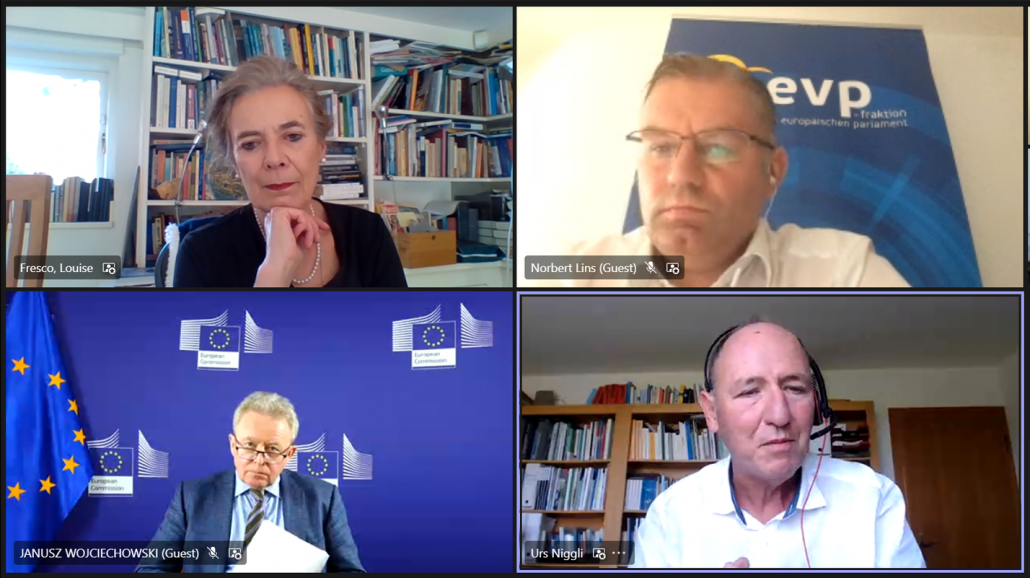
Invited speakers: Professor Louise Fresco, Wageningen University (top left); MEP Norbert Lins, Chair of the Committee on Agriculture and Rural Development (top right); EU Commissioner for Agriculture Janusz Wojciechowski (bottom left); Urs Niggli, President of agroecology.science (bottom right).
The RIE-led Task Force on Sustainable Agriculture and Innovation aims to better understand the emotions and values behind different perspectives and to see if, with ambitious European climate, sustainability, and biodiversity goals as clear priorities, it is possible to find positive pathways forward.
During the event, the task force presented two reports that look at what we can learn from existing narratives and the potential implications for policy actions. For a short description of the task force and a summary of the reports, see “Overview of the Reports on Sustainable Agriculture and Innovation”.
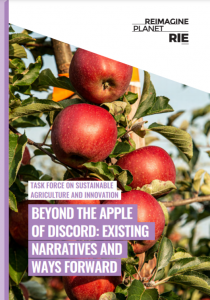 In the first report, “Beyond the Apple of Discord: Existing Narratives and Ways Forward”, the task force focuses on how different stories, symbols, images, and metaphors are used to inform the debate on the future of European agriculture. The report specifically describes the role of these emotions and narratives in framing the way we think about using genome editing for crop improvement.
In the first report, “Beyond the Apple of Discord: Existing Narratives and Ways Forward”, the task force focuses on how different stories, symbols, images, and metaphors are used to inform the debate on the future of European agriculture. The report specifically describes the role of these emotions and narratives in framing the way we think about using genome editing for crop improvement.
As stated by Prof. Louise Fresco, “Rather than focusing on the ‘apple of discord’ we should address the ‘apples of confusion’; there is a lot of common ground, but we must identify and address where the confusion lies.”
“Rather than focusing on the ‘apple of discord’ we should address the ‘apples of confusion’; there is a lot of common ground but we must identify and address where the confusion lies.” Prof. @LouiseOFresco, chair of today’s event ‘Beyond the Apple of Discord’
— Louise O. Fresco (@LouiseOFresco) July 22, 2021
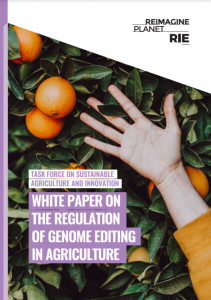 The second report, “White Paper on the Regulation of Genome Editing in Agriculture” aims to describe the attributes of an ideal regulatory system that balances the need for embracing innovation in agriculture, such as new genomic techniques, whilst ensuring protection of human health, the environment, and biodiversity. The report also presents five policy options to be considered in the upcoming debate on genome editing between the Council, the European Parliament, and relevant stakeholders.
The second report, “White Paper on the Regulation of Genome Editing in Agriculture” aims to describe the attributes of an ideal regulatory system that balances the need for embracing innovation in agriculture, such as new genomic techniques, whilst ensuring protection of human health, the environment, and biodiversity. The report also presents five policy options to be considered in the upcoming debate on genome editing between the Council, the European Parliament, and relevant stakeholders.
In his opening remarks, Janusz Wojciechowski, European Commissioner for Agriculture, reassured that “For us it is crystal clear that any policy decision should protect human and environmental health. Making European Food Systems sustainable and resilient is one of our key objectives.”
“For us it is crystal clear that any policy decision should protect human and environmental health. Making #EuropeanFoodSystem sustainable and resilient is one of our key objectives.” Janusz Wojciechowski European Commissioner for #Agriculture
— Janusz Wojciechowski (@jwojc) July 22, 2021
The task force is currently planning a follow-up meeting to be held in the European Parliament in Brussels in October/November 2021 (date and time to be announced and depending on Covid restrictions). This meeting will consider, amongst other things, how to further develop a shared vision for sustainable European agriculture systems and which policy options should be further pursued to achieve these goals.

